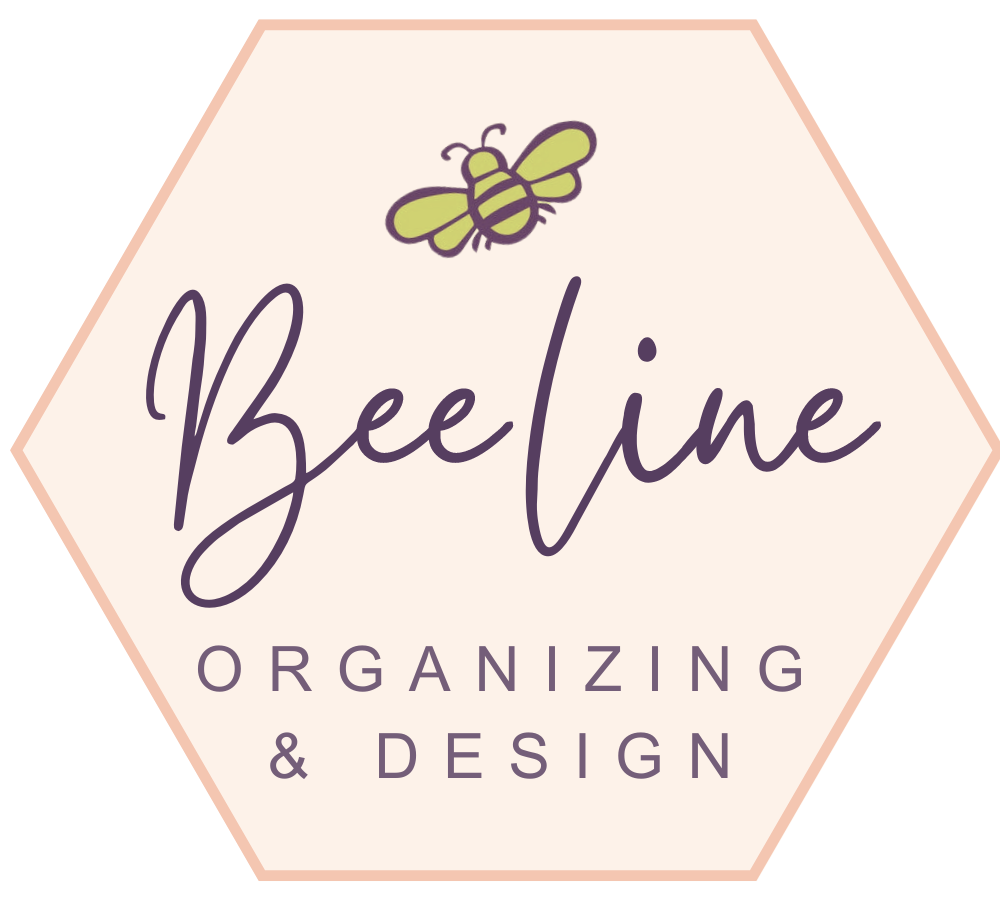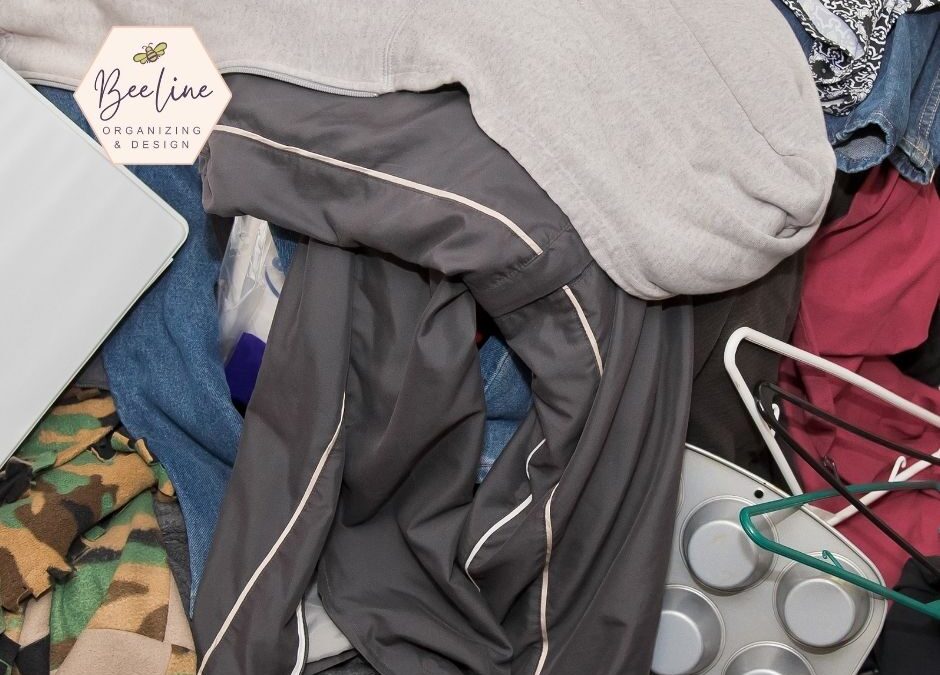Is Hoarding Bad for the Environment?
Hoarding is often discussed in the context of personal space, psychology, and social stigma. But beyond the individual impact, there are meaningful environmental implications to hoarding behaviors. This article explores how hoarding intersects with ecological concerns and why there can be ecological benefits to decluttering, even when hoarding is driven by emotional or historical reasons. By examining the topic through a practical and compassionate lens, we can think more clearly about sustainability, resource use, and community well-being.
Introduction: Why the Environment and Hoarding Intersect
Hoarding describes the accumulation of a large number of possessions, often with limited ability to discard items. While the motivations vary—from fear of waste to sentimental attachment—the environmental footprint of hoarding can be significant. At the same time, there is a nuanced conversation around ecological benefits to decluttering, which can include reduced resource consumption, better home energy efficiency, and more effective waste management. This article looks at both sides: how hoarding can strain ecosystems and how mindful decluttering can support a healthier environment.
What Hoarding Means for Resource Use
Hoarding tends to increase consumption in indirect ways. People who hoard may:
- Buy items preemptively, fearing shortages, which can inflate demand for goods and lead to more production.
- Maintain larger quantities of items than needed, resulting in underutilized materials that may eventually become waste.
- Create storage conditions that affect energy use, such as lighting, climate control, and pest management.
These factors collectively contribute to a higher ecological footprint. Understanding these dynamics helps frame the ecological benefits to decluttering in a practical light: by reducing unnecessary accumulation, households can lower their resource use and waste generation.
Ecological Benefits to Decluttering: A Practical View
Decluttering is not just about tidying up; it can be a strategic move for sustainability. Here are several ecological benefits to decluttering:
- Reducing material production demand: When households keep only what they need and use, there is less pressure on manufacturing, mining, and extraction processes that harm ecosystems.
- Improving recycling and waste management: With fewer items to sort, community recycling programs can operate more efficiently, increasing the likelihood that materials are recovered and reused.
- Lower energy consumption: Fewer items mean smaller storage spaces, which often translates to reduced heating, cooling, and lighting requirements.
- Encouraging repair and reuse: Decluttering can reveal items that are valuable for repair, donation, or resale, extending product lifecycles and keeping resources out of landfills.
These ecological benefits to decluttering are not about shaming individuals who hoard; they are about providing a constructive framework for reducing environmental impact while supporting people who may be emotionally attached to their possessions.
Balancing Compassion with Sustainability
Many people who hoard do so due to trauma, anxiety, or other mental health challenges. Approaching the topic with empathy is essential. Strategies include:
- Gentle, professional support: Therapy, counseling, and support groups can help individuals address underlying emotional needs while gradually changing practices around possession.
- Structured decluttering plans: Working with a professional organizer or a friend can help create manageable steps that respect emotional boundaries and reduce overwhelm.
- Community resources: Second-hand shops, charity organizations, and waste programs can channel items that are no longer needed into useful paths rather than landfills, aligning with ecological benefits to decluttering.
This balanced approach fosters environmental goals without stigmatizing those who struggle with hoarding.
Practical Steps Toward Sustainable Decluttering
If you’re looking to pursue decluttering for ecological reasons, here are actionable steps:
- Inventory and categorize: Start by listing items in broad categories (clothes, paper, tools) to identify excess and underutilized items.
- Set limits and guidelines: Decide how many items per category you really need, based on usage patterns.
- Prioritize reuse and donation: Before discarding, check if items can be repaired, repurposed, donated, or sold.
- Organize with intention: Create a system that makes it easy to find and use items, reducing the urge to accumulate more.
- Collaborate with waste programs: Learn about local recycling, e-waste collection, and hazardous waste disposal to ensure responsible handling.
These steps help translate the concept of ecological benefits to decluttering into tangible, everyday actions.
Final Thoughts: Reframing Hoarding and Sustainability
Hoarding is a complex phenomenon that intersects psychology, culture, and environment. While hoarding can have negative environmental consequences through excess consumption and inefficient use of space, it’s possible to pursue ecological benefits to decluttering in a compassionate and practical way. The key is to support individuals in reducing unnecessary accumulation while honoring their needs and memories tied to possessions.
By cultivating mindful consumption, improving waste management practices, and encouraging repair, reuse, and responsible disposal, we can reduce the environmental footprint associated with hoarding. The overarching message is clear: ecological benefits to decluttering exist not as a punitive mandate but as a pathway to healthier homes, communities, and ecosystems.
If you or someone you know is struggling with hoarding, consider reaching out to mental health professionals, local support networks, and sustainable living resources. Small, steady steps toward decluttering can yield meaningful ecological dividends without compromising personal well-being.
Contact Beeline Organizing & Design today and let us help you get organized!

